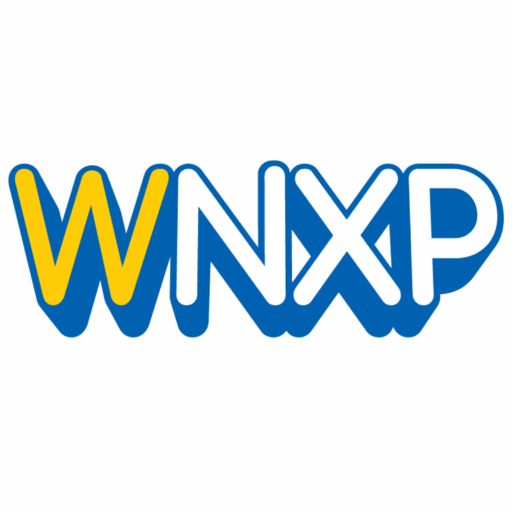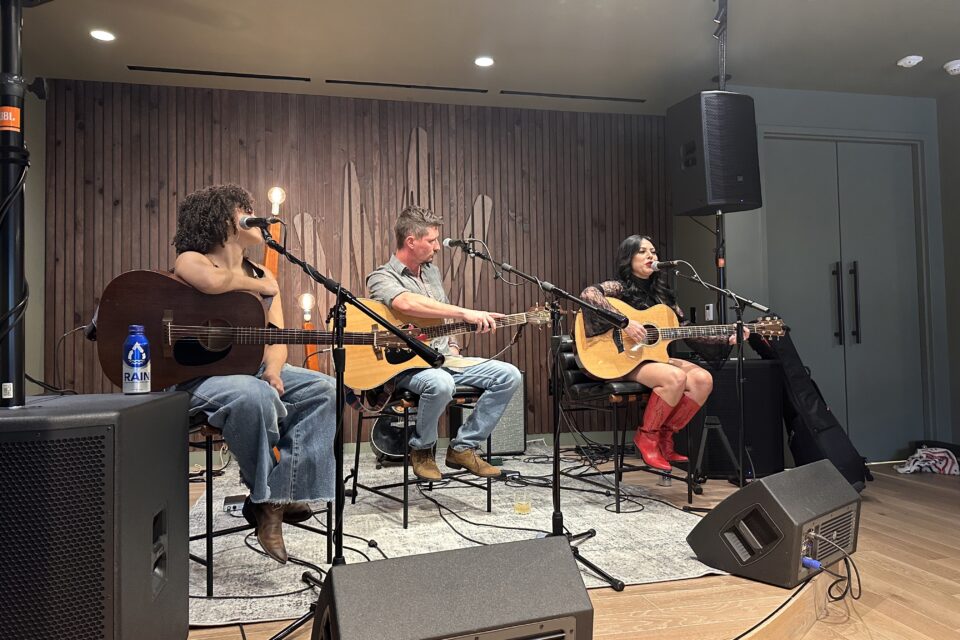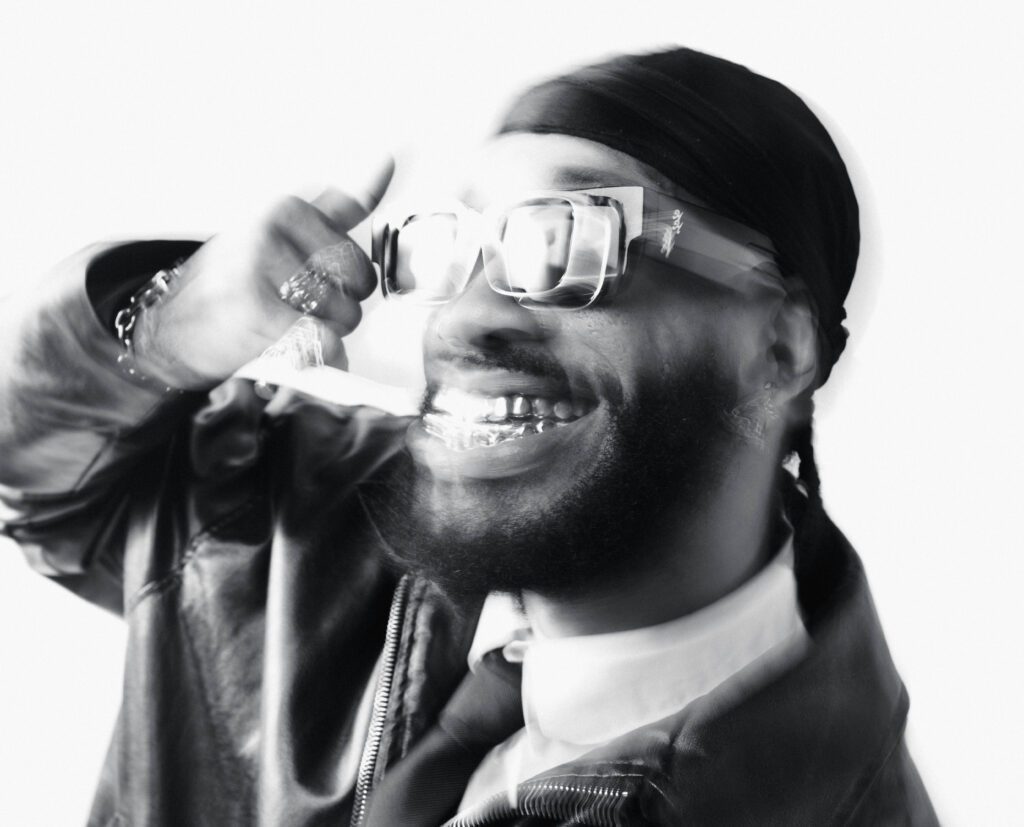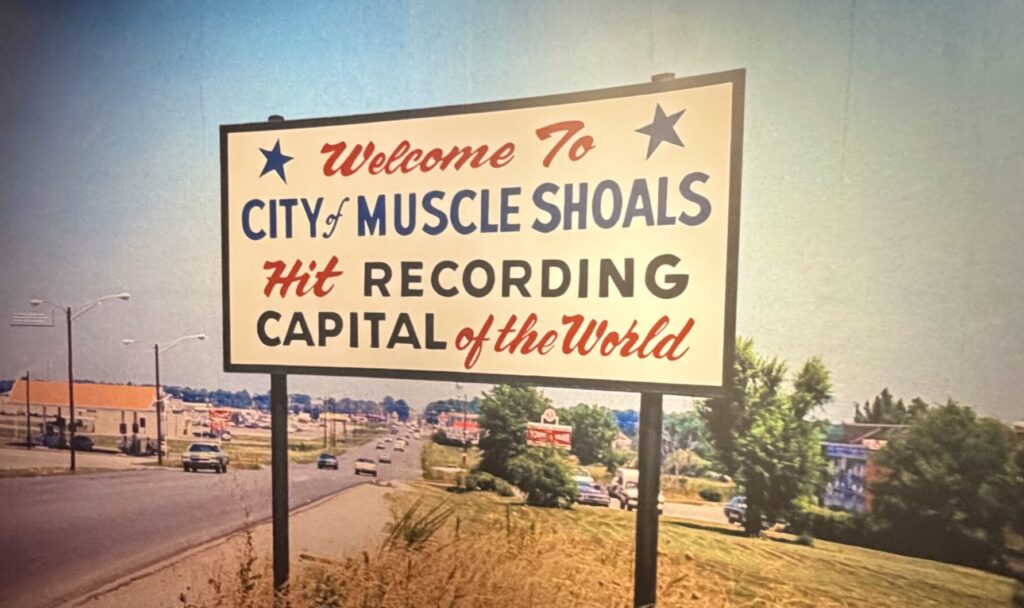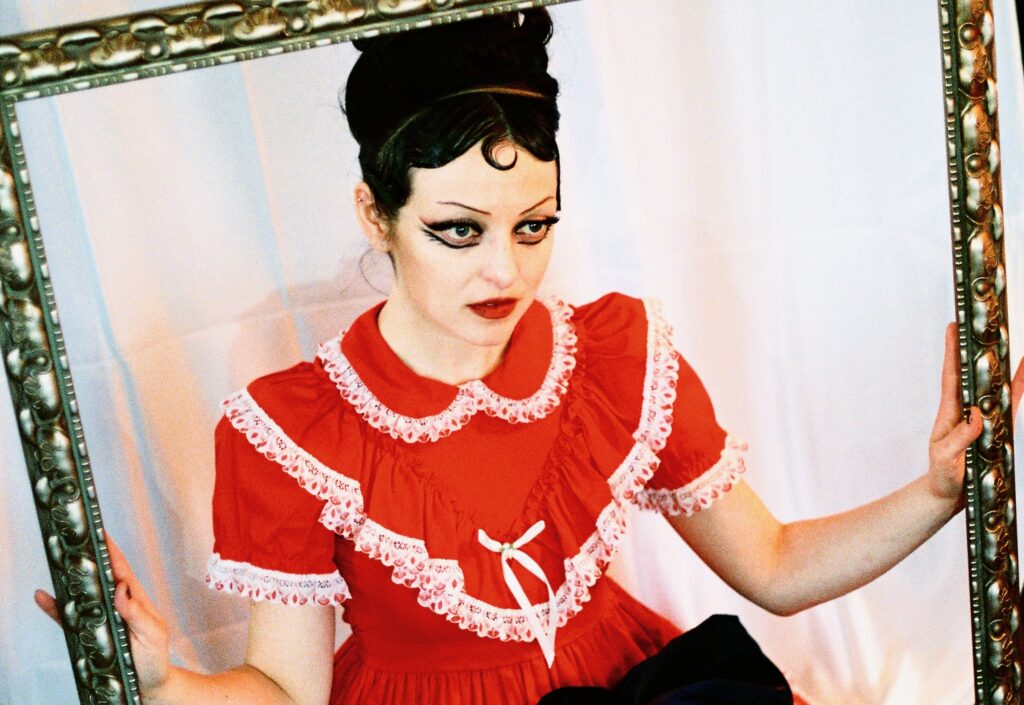Not just anyone can easily land a meeting with one of the largest publishers on Music Row, Warner Chappell. But on an August afternoon, past and present participants in the Equal Access development program join the company’s CEO and other staff in a lounge furnished with suede couches.
It’s Tiffany Provenzano’s job to arrange these networking events. She steps to the front and offers a brisk intro. “Equal Access is a program that lifts up underrepresented voices in country music,” she says, making eye contact around the room, “so we’re trying to change who you see on the stage, but also who you see behind the scenes.”
On stage with guitars in their laps are country singer Valerie Ponzio, who’s Latina, indie folk-leaning Julie Williams, who’s Black and queer, and country-pop artist Chris Housman, who’s gay.
Provenzano doesn’t just list off their names — she spells out their individual accomplishments, the streaming numbers, touring activity and television appearances they’ve managed mostly on their own. It’s all part of making the case that they’re singer-songwriters worth paying attention to.
After Ponzio, Williams and Housman perform two originals each, Provenzano steps back up to thank their Warner Chappell hosts and make a final request: “I hope that you guys will stay and mix and mingle with some of the folks here. Part of our program is just making sure they meet more folks in the industry that are interested in helping. So, shameless plug, none of them have publishing deals …”

“I just can’t even imagine what things would have looked like”
Over the last several years, no shortage of articles, panel discussions and documentaries have zeroed in on country music’s marginalized voices and called for greater diversity in the genre. As the topic has been raised again and again, the burden of explaining inequities both historical and contemporary — and offering solutions — has often fallen on the very performers who’ve experienced the realities most directly.
But Equal Access is one of a handful of programs launched in Nashville to put industry resources toward industry change. Now in its third cycle, it’s benefited its participants, executives and artists alike, in tangible ways.

For Housman, who began working the regional fair and festival circuit at a very young age and set out for Nashville right after high school, having anyone advocate for his talent is new. “As somebody who’s coming up on 16 years in Nashville,” he says in an interview, “I just can’t even imagine what things would have looked like if things like the Equal Access program would have been around when I got here in 2008, fresh off the openly gay train.”
In his early days in town, he recognized that merely being who he was meant he didn’t have a chance in country music. He put his performing ambitions on hold, switched his college major to music business and, for a time, settled into crunching numbers at a publishing company.
“It’s not their job to do the educating on this”
Meanwhile, Cameo Carlson, the eventual founder of Equal Access, built her career in other cities and sectors of the music industry, from rock radio to online platforms and digital pop and rap marketing, before moving to Nashville.
“And when I got here,” she recalls in a conference room at the company where she’s now CEO, MTheory, “it just struck me going into meetings that everybody was the same and it was much more male on the senior level.”
She served on DEI committees, including Nashville Music Equality, which started convening virtual panels in 2020. “There’s work being done, and it’s hard work. It’s all very important,” she says. “But I needed to be able to do something with my direct resources and our company.”
To get Equal Access off the ground in 2022, Carlson put her industry connections to use. “In this town, we all know each other,” she says. “We know who the power players are, we know who the people are that do things, and we also know who’s on the right side of this conversation. So then I’m thinking, ‘Great, I’ll take your money, I’ll take your time, I’ll take whatever you’ve got to connect me. And I’ll help you find a way to to do something that feels meaningful to you.'”
She secured additional funding from CMT, where likeminded executive Leslie Fram had launched a campaign a decade earlier to boost women in a male-dominated landscape (budget cuts and layoffs from CMT’s parent company have left the program searching for new backers); set up meetings at record labels, publishing companies, streaming services, trade organizations and other heavyweight institutions; and filled out the first cohort with six artists and managers. Carlson promised them compensation for the intellectual and emotional labor that would be required of them.
“‘I am 100% asking you to go into straight, white rooms and help us knock some doors down,'” Carlson remembers telling them. “Everybody from that first cohort was really into the idea and really willing to do that. And I’m so grateful, because it’s not their job to do the educating on this.”
“No one over there looked like me”
Kadeem Phillips was one of a few executives who joined the first cohort with a track record in hip-hop, R&B or gospel — he’d shepherded the producer YC to multi-platinum rap releases, for one — but he knew that didn’t mean much in this industry.
“We have all this success,” he says. “And then when we got in country, it’s like everybody told us, ‘No, y’all haven’t done anything.'”
Even though Phillips, a Black Tennessee native, was interested in working with country music-makers, that didn’t seem like an option. “Honestly wasn’t anybody for me to reach to, to even talk to about being Black and country and being an executive,” he explains, “because no one over there looked like me.”
But he’d already helped lead initiatives to educate and empower young creatives, including one called Creatives Day, and when he joined Equal Access, he was ready to make the most of it. For the first time, he felt like people in positions of influence in the country music industry were taking him seriously.
“These are doors we’ve been knocking on and nobody was answering,” he says, “but Cameo was like, ‘Y’all going to talk to them.’ Then once they talk to us, it was like, ‘Okay, we should have been doing this.’ Equal Access gave us the opportunity to show people ourselves.”
Phillips received guidance on how to strengthen and expand his businesses, added country duo the Kentucky Gentlemen to his management roster and co-founded a country label, Origins Records. Madeleine Edwards, an artist in the first cohort, signed publishing and record deals, while Denitia, a singer-songwriter from the second cycle, secured distribution for her music and made her long-awaited Opry debut (a milestone also achieved by four other Equal Access artists). Charlene Bryant, an executive peer of Phillips in round one, even earned a senior vice president role at Universal Music Nashville, where she’s forged a noteworthy label partnership with Timbaland.
Provenzano, who came on in time to direct Equal Access through its second cycle, and was soon joined in leadership by Chantrel Reynolds, got to bring the group to Bryant’s new office. “Charlene was now on the other side of the table,” she marvels. “That’s really powerful.”
And the word is out. Each time around, they’ve received more applications for the program. Provenzano makes clear to them that they’re not guaranteed to get contracts or clients out of it, though that does happen fairly frequently. (Artist Camille Parker even found her manager, Alex Evelyn, when both were going through the program.) What’s certain is that they’ll gain industry access where before they encountered barriers.
After visits to various offices around town, Provenzano makes sure to supply the contact info of their industry hosts so that program participants can continue their networking. On the face of it, that may seem like a small thing, but it has an empowering effect. “I don’t want them to feel like they have to come to me like, ‘Hey, can you give me the email of that person at CMA that we met with?’ ” Provenzano explains.
What Housman needed most when he joined the third Equal Access cohort this spring was help with the logistics of releasing, marketing and promoting his newly completed, debut album, Blueneck.
“We have weekly meetings,” he says, “and just that accountability of, ‘Here’s my homework for the week, and then we’ll check back next week and give updates on it,’ it’s so massively beneficial. The timing couldn’t have been better, because they just were like, ‘Let’s do this and let’s check all these things’ — things I would have had no idea about.”
Knowledge about how things work? That a kind of access too.
